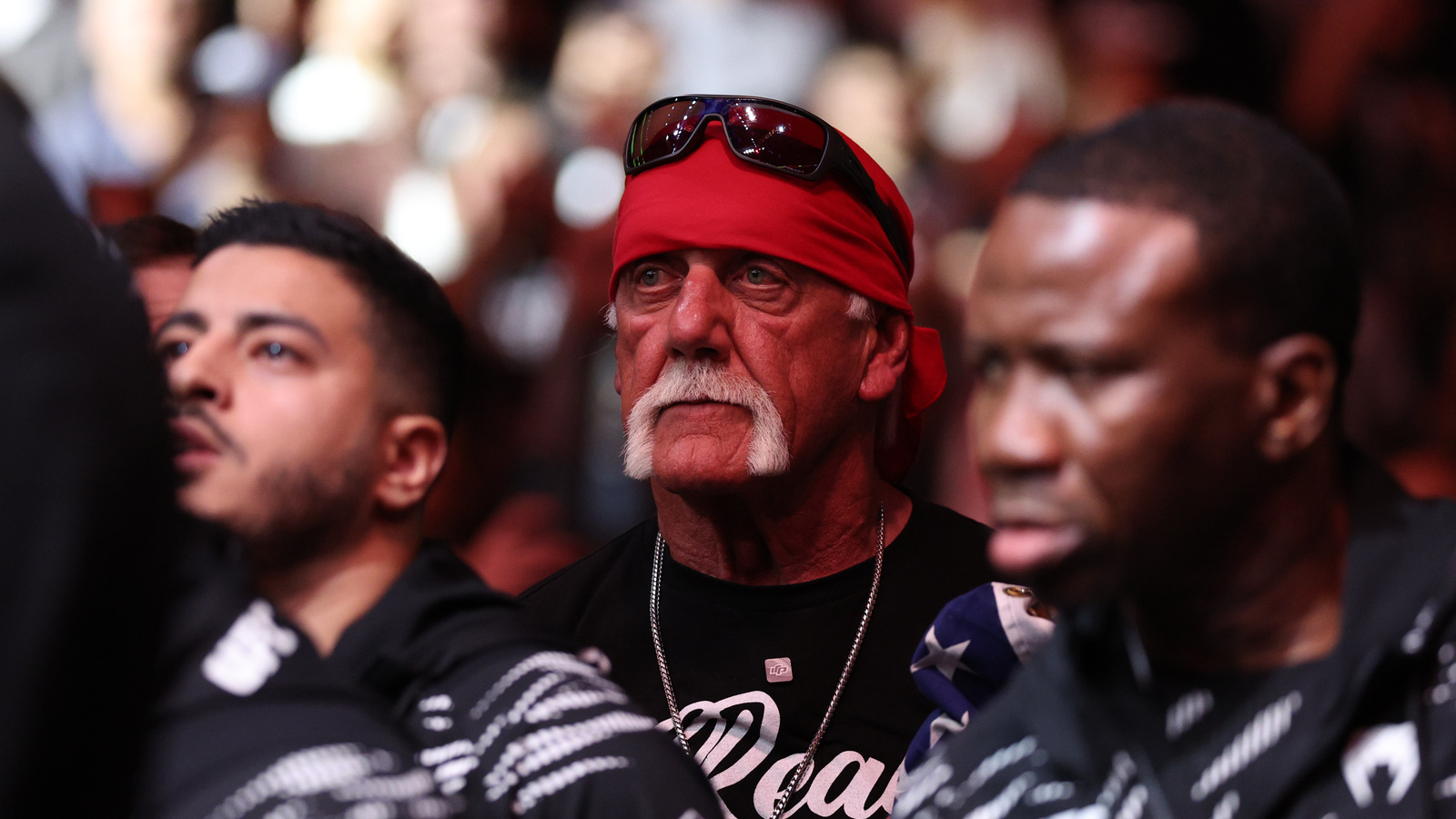The wrestling world mourned the loss of an icon last Thursday as Terry Bollea, famously known as Hulk Hogan, passed away at the age of 71. New details have since emerged regarding the health challenges the legendary performer faced in his final years, painting a clearer picture of his battle with serious medical conditions.
Official records from the Pinellas County Forensic Science Center confirm Hogan’s cause of death as acute myocardial infarction, commonly identified as a heart attack. This final medical event occurred at his home in Clearwater, Florida, on July 24, underscoring the sudden nature of his passing despite a known history of cardiovascular issues, including atrial fibrillation.
Further revelations from these documents indicate that the grappling superstar had also been diagnosed with chronic lymphocytic leukemia (CLL). This form of cancer, which impacts white blood cells, adds another layer to the health struggles Hogan quietly navigated, challenging the perception of his enduring superhuman persona.
Prior to his death, rumors about Hogan’s deteriorating health, including speculation of him being in hospice care, had circulated but were vehemently denied by his representatives. Longtime associate Bubba The Love Sponge Clem had publicly claimed Hogan was hospitalized, contrasting with official statements that maintained he was receiving routine treatment and was in good health.
Indeed, Hogan’s public health updates often centered on his persistent neck and back issues, common ailments for a professional wrestler of his stature who endured decades of physical punishment in the ring. His ongoing medical treatments for these chronic conditions were previously cited by his team, emphasizing his dedication to managing the physical toll of his illustrious career.
Beyond his personal health battles, Hogan’s immense influence on professional wrestling is undeniable. His electrifying presence and “Hulkamania” phenomenon in the 1980s were pivotal in propelling the World Wrestling Federation (WWF), now WWE, into mainstream global prominence, forever changing the landscape of sports entertainment.
His legacy was cemented with multiple inductions into the WWE Hall of Fame, first in 2005. Following a controversial period, he was reinstated and then inducted a second time in 2020 as a member of the iconic New World Order (NWO), a faction he famously joined in 1996 after a shocking heel turn in World Championship Wrestling (WCW).
The revelation of his long-term health battles, particularly his cancer diagnosis, adds a somber yet humanizing dimension to the narrative of a man who transcended the wrestling ring to become a pop culture icon. His passing marks the end of an era, leaving millions of fans to reflect on the enduring impact of a true wrestling legend.





Leave a Reply